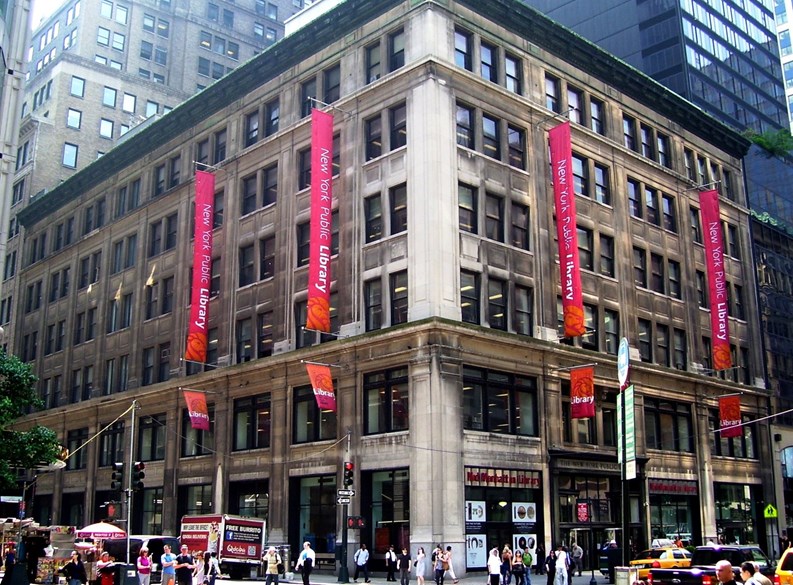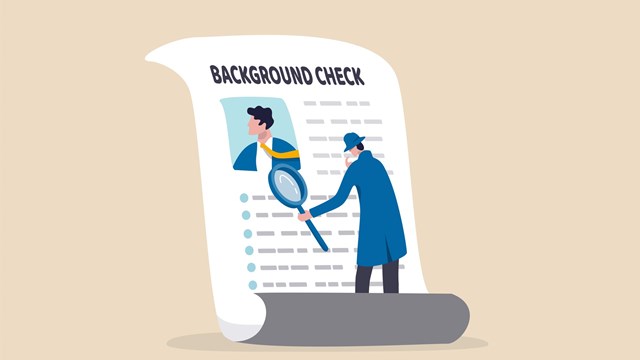Last October, The Cooperator reported on a legal fight between the non-profit New York Public Library and the board of the Fifth Avenue Tower condominium association. The disagreement stemmed from the library’s attempt to undergo a three-year $200 million renovation, and the condo board's concern that the renovation would restrict access to a small park that separated the two entities due to scaffolding work. In response, the condo board had asked for a monthly $15,000 “inconvenience fee” from the library, and that it take out a $20 million insurance policy in the condo board’s name.
Now it appears there’s a resolution to the conflict. The New York Daily News reported last November that Manhattan Supreme Court Justice Arlene Bluth declined to impose a license fee on the library, and also refused to limit construction hours or give the condo board the right to review architectural plans.
The Daily News quoted Iris Weinshall, the chief operating officer of the NYPL, as saying “millions of New Yorkers will benefit from this important, city-funded project, and we are grateful to the court for ensuring that it will proceed without any unnecessary delays.”
The Law Review
The Cooperator reached out to New York attorneys David Berkey of Gallet Dreyer & Berkey, and Eric Goidel of Borah, Goldstein, Altschuler, Nahins & Goidel, P.C., to weigh in with their legal assessments of the case and its conclusion.
“Justice Bluth’s decision illustrates how a license fee is not required in every case,” says Berkey. “Where a party is viewed to be overreaching in its request for a high license fee, the demand may backfire, resulting in the party being awarded no fee whatsoever.”
“In an Article 881 proceeding, the court has the power to grant a license to the petitioning party in a case warranting a license, upon such terms as justice requires,” Goidel says. “I believe that Justice Bluth was of the opinion that, taking into account the inconvenience which would have inured to unit owners, the condominium was seriously overreaching in its demands, particularly with respect to the NYPL, which could in no way be equated with a for-profit developer.
“Because of the onerous demands,” he continues, “Justice Bluth sent a message by giving the condominium nothing. Had the condo been significantly more reasonable in its demands, perhaps Justice Bluth would have given it some of what it was requesting. But again, the fact that the library was involved may have been what rendered the condo’s request an overreach.”
And with that, a battle between a condo board and a public library ends with New York City’s tax-paying patrons not having to foot the bill for a license fee.
Mike Odenthal is a staff writer at The Cooperator.







Comments
Leave a Comment